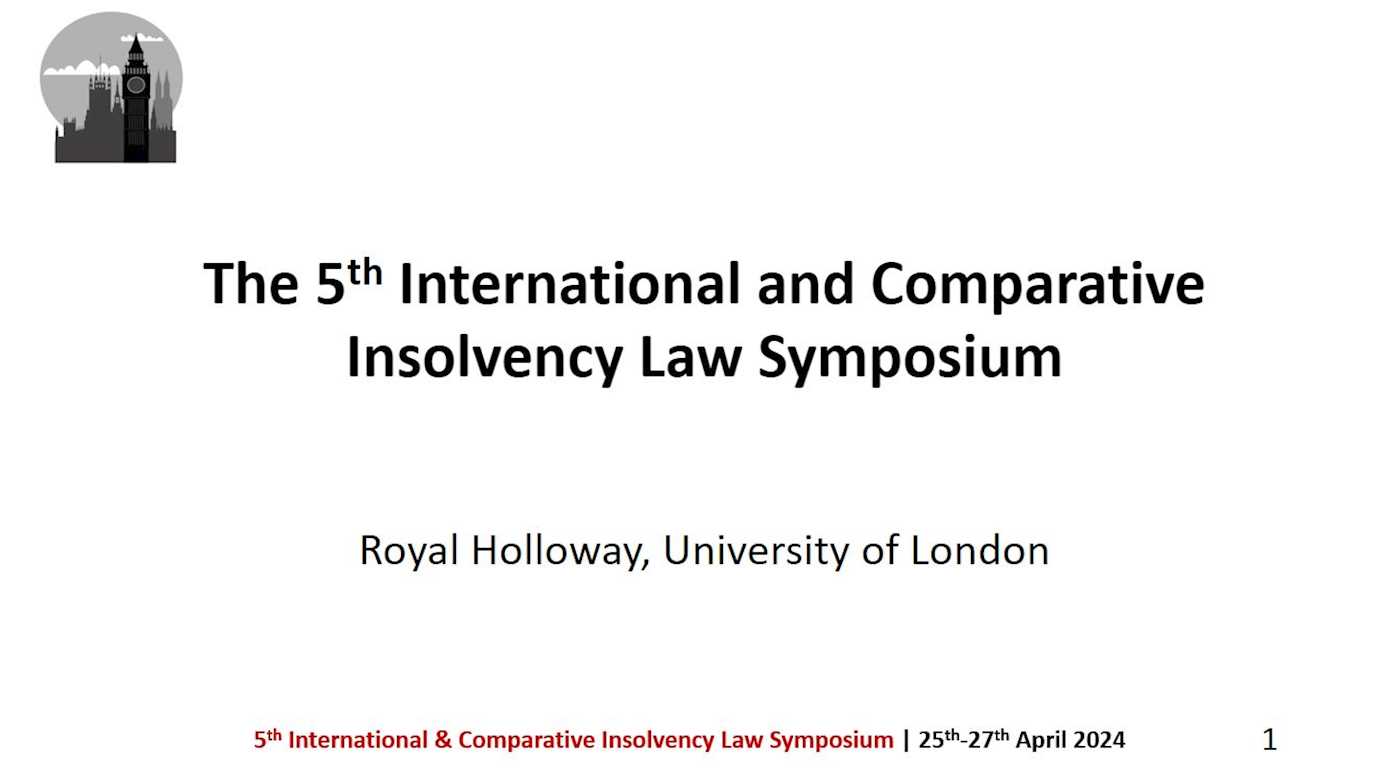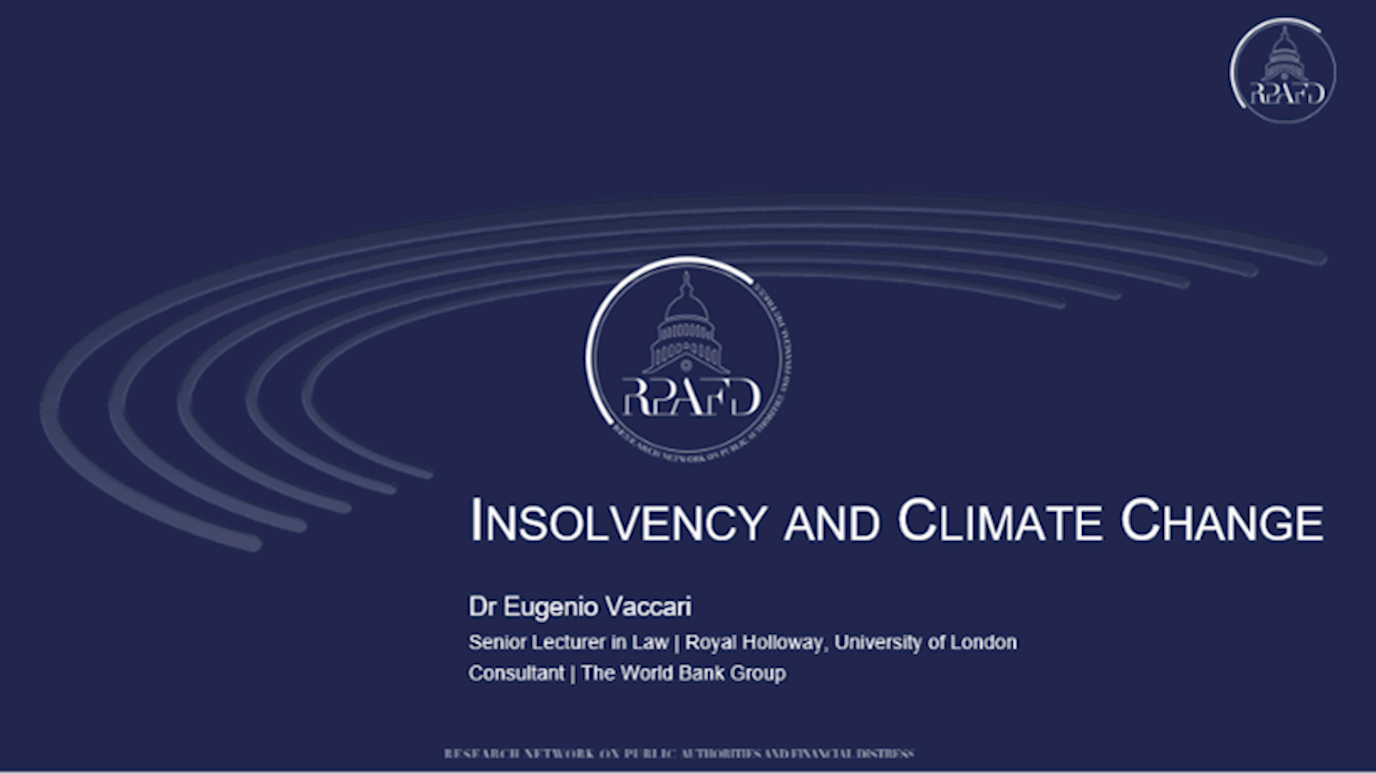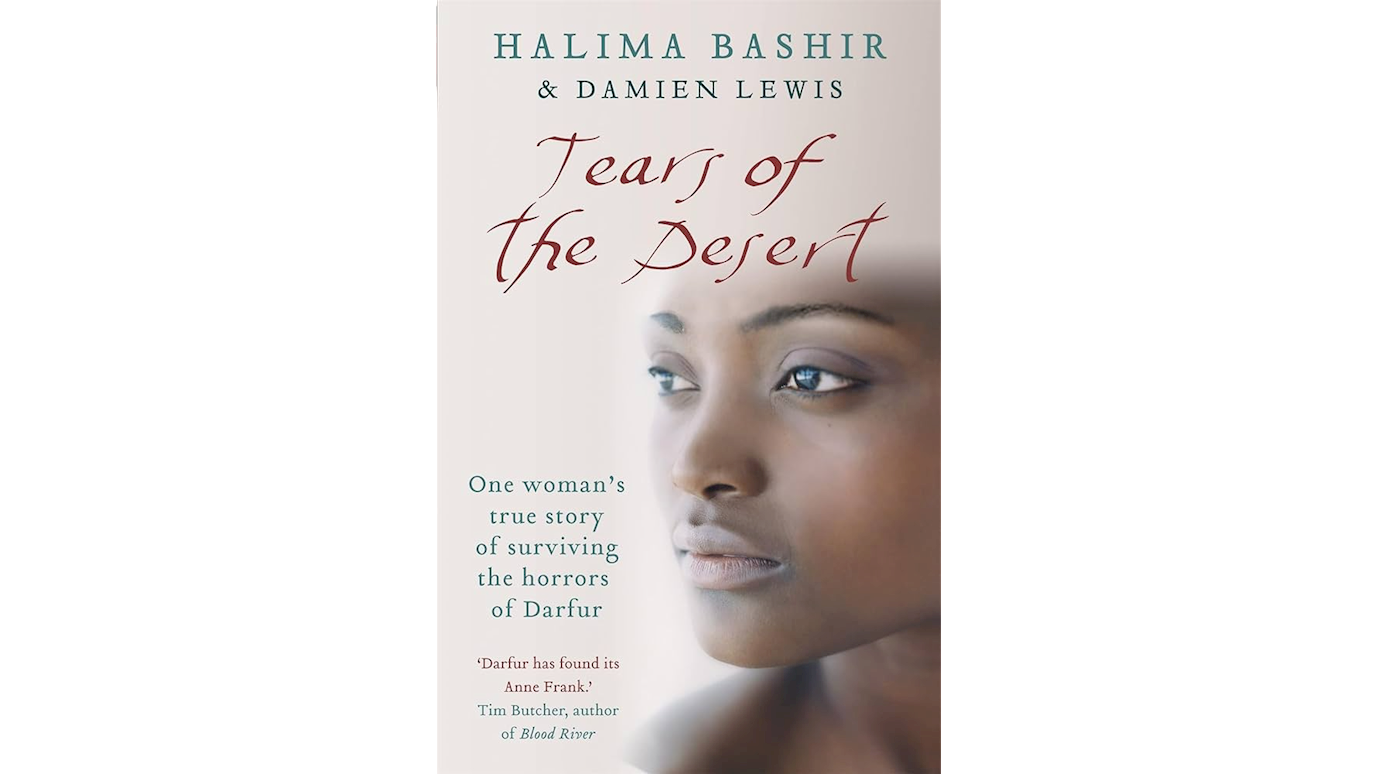In this blog, criminology lecturer Dr Jenny Korkodeilou pays homage to the late global music star Tina Turner, and reflects on the impact her life and story have had on public perceptions of violence towards women.

Tina Turner died. Last week. On the 24th May 2023. She is globally and unanimously deemed a legend, an icon, and ‘queen of rock and roll’. What renders someone a legend or an icon? Their pioneering work, legacy, the way they lead their life and/or character? Notwithstanding her undisputable vocal strength, earthquake presence and volcanic performances, Tina Turner’s case always made me wonder. She was a singer, a mother, a wife, a victim and survivor of domestic abuse. With regard to the latter, I have a series of questions, which rhetoric or not, are burning, relevant and may lead us to unsettling understandings, realisations or even truths regarding post-feminist and post-colonial racialised and gendered violence.
Tina Turner was a Black woman known for her talent and voice, primarily. Race, as well gender, sexuality and social class are key components of my thinking as a criminologist with an interest in interpersonal and gendered violence. Tina Turner was subjected to domestic abuse by her husband, ‘alter musical ego’, Ike Turner for many years. Taking a careful (criminological) look, it is important to discern and possibly try to fathom some of the discrepancies, paradoxes and stereotypical assumptions that underline Tina’s (and Black women’s) experience and portrayal as a battered Black woman.
First, we need to briefly consider the way Black heterosexual female sexuality has been associated for quite some time with erotic desire, pain and violence. While I am here questioning the legitimacy of such an association, I am certain about the colonial underpinnings of such a deep-rooted imagery. Black women have been traditionally viewed and portrayed as strong, dominant, assertive and sexually promiscuous and immoral, able to suffer and sustain aggression and bodily harm (see e.g. good/bad bitch rhetoric). Thus, Black women do not tick any or most of the criteria of ideal victimhood (respectable, submissive, passive, innocent, and sad). This contradictory (and pathologising) in its own right discourse is inextricably related to and derives from a historical context of oppression, slavery, exploitation and racism. It is only in that intellectually honest light that we can (if ever) acknowledge and unpack the intersectional complexities involved in the dynamics of coercive control and domestic abuse and the constraints that Black (and white) abused women experience.
Second, post-feminist school of thought rejects the neoliberal narrative of responsibilisation and individualisation of violence against women which perpetuates and fosters the commonly used by celebrity media culture, idea of ‘can-do’ and ‘survivor’ woman/girl. A narrative that can prove dangerous as it often shifts, the onus of accountability from the perpetrator to the victim – in other words, men are not in the picture. Domestic abuse is a serious social phenomenon and, whilst victims’ stories of resilience, healing, post-traumatic growth and survivorship are relevant, nothing should distract us from the causes of the abuse and its serious and long-lasting harms. Briefly put, it is necessary to locate and frame domestic abuse within the socio-cultural and political context within which it occurs (think for example Black activism, struggles and related gendered and socio-economic inequalities, in the UK, USA and beyond). By depoliticizing domestic and women’s abuse it makes it easier and certainly convenient to deny or ignore the gendered, patriarchal and racial structures of oppression, and inequality that enable and perpetuate the abuse and continue promoting self-reliance and boundless legal interventionism. Our (women’s) lives are not compartmentalised. We exist, breathe and function under the heightened everyday awareness of being women.
Tina Turner was victimised, survived, thrived and successfully navigated established racialised and gendered dichotomies, norms and expectations, building up her own career, defining, naming and owning up to her story and reclaiming her humanity. This is one of the lessons we can take from her life: that not all lives or experiences are the same and that we need to incorporate race, ethnicity, gender, class into any gender-based and feminist theoretical frameworks, approaches and conversations in order to understand and tackle (Black women’s) abuse.
Tina Turner will always be cherished and remembered for her incredible work rather than being abused. She was a promise of women’s agency, a reminder of endless possibilities and symbol of (Black) female empowerment. This may sound as an oxymoron but it’s not. For instance, it is often mentioned that when she was beaten up by Ike Turner, she was often wearing glasses to hide the marks. Yet, sharing your fragility is not synonymous to weakness. As such, my final argument here is that Tina Turner’s life should be an unambiguous call to recognise the need to create a society where victims do not hide, feel shame or mask their fears but where instead perpetrators (and those whose inaction make them complicit to the abuse) are made visible and held accountable.
Tina Turner got our gaze for all the right reasons. Because she was simply and unapologetically herself.
Readings and references:
Allard, S. A. (1991) ‘Rethinking Battered Women Syndrome: A Black Feminist Perspective’, UCLA Women’s Law Journal, 1, pp. 191-208.
Patterson, N. and Sears, C. A. (2011) ‘Letting men off the hook? Domestic violence and postfeminist celebrity culture’, Genders, 53.
Rodier, K. and Meagher, M. (2014) ‘In Her Own Time: Rihanna, Post-feminism and Domestic Violence’, Women: A Cultural Review, 25 (2), pp. 176-193.
























